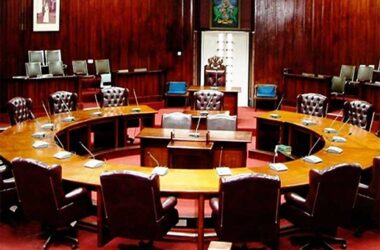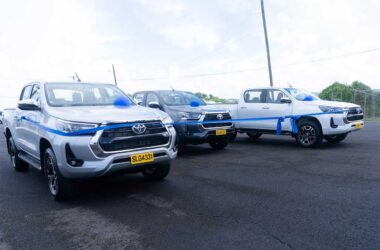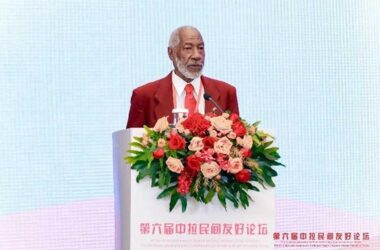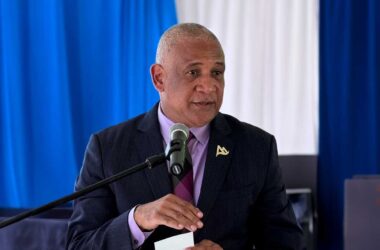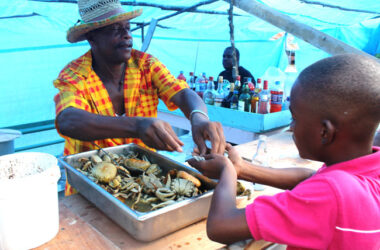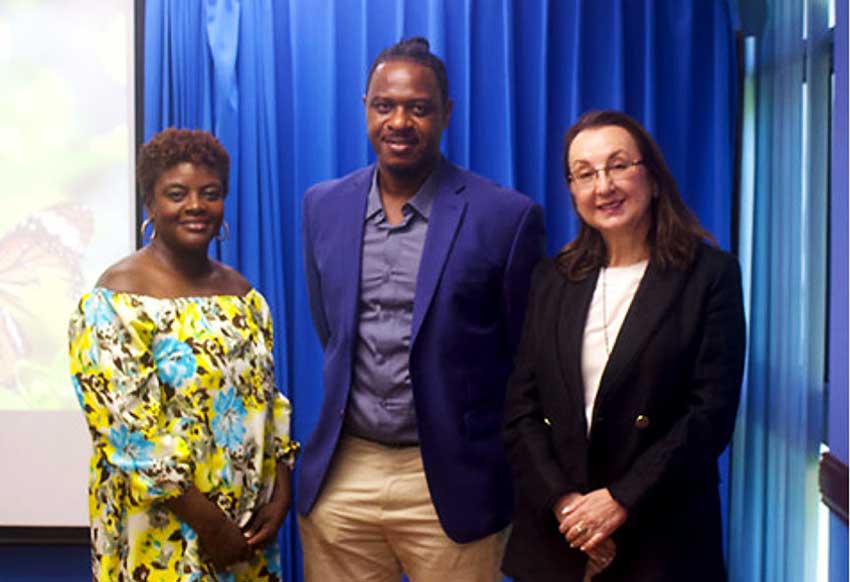
The Saint Lucia National Conservation Fund has entered into a major new private sector partnership to advance funding support for some of Saint Lucia’s national conservation priorities including the creation of sustainable livelihoods and climate change mitigation and adaptation.
Through a partnership agreement with Wayaj Inc, a private entity that provides innovative and effective solutions to the hospitality industry to reduce its impact on the environment, the SLUNCF has made significant progress towards implementing two dynamic and exciting initiatives, a Carbon Offset Project and a Sustainability Actions Projects (SAP) program.
Carbon Offsetting contributes to the global goal of reducing carbon emissions by either supporting projects that decrease emissions production or removes emissions from the atmosphere, including increasing the capacity of natural ecosystems to process or absorb Carbon Dioxide (CO2) emissions.
These programmes are intended to compensate for the emissions of carbon dioxide into the atmosphere as a result of industrial or other human activity, especially through the burning of fossil fuels.
Projects which involve restoration/ rehabilitation of mangroves, seagrass meadows, or terrestrial forests usually qualify as carbon offsetting activities given these resources are highly effective at absorbing CO2 from the atmosphere. In this vein, the SLUNCF is on course to implementing Saint Lucia’s first (as well as in the OECS) Carbon Offset project which is aimed at restoring a critical mangrove forest along the northeast coast.
The Saint Lucia National Conservation Fund is working with other local agencies including the Department of Forestry to help design and deliver the project which is at its final stages of development. A critical component of this Carbon Offset project is the Carbon Calculator which was developed by Wayaj to allow travellers to determine or calculate their carbon emission and offset contributions based on their travel and accommodation plans.
At the same time, the SLUNCF is also working with local partners to develop other projects that could be incorporated into its Sustainability Actions Projects (SAPs) programme. Although not carbon offsetting, SAP’s nonetheless have significant potential in contributing to the attainment of the UN Sustainable Development Goals (SDGs) while at the same time responding to local needs.
All projects will need to be approved by both the SLUNCF and Wayaj Inc to qualify for solicitation of funds on the online platform. This model of fundraising is akin to the concept of crowdfunding but with a focus on contributing to prioritized environmental conservation and community development activities.


